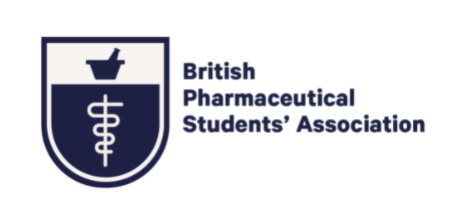Preparation in Pursuit of the MPharm
It’s everyone’s favourite time of year, no not Christmas, but exams season!
The time of year when you’re attempting to cram in revision whilst completing your assignments and coursework and if you’re like me, time never seems to be on your side.
However, it’s something we all will face in pursuit of our MPharm degrees and if you’re struggling to organise yourself in preparing for your exam whilst making your deadlines here are a few things that you can try to help you.
1. The first thing I always suggest, is to get a calendar and write on it your exam dates, alongside when each assignment/ piece of coursework is due so you can visually see how much time you have.
Planning your time effectively is an important component of achieving success.
2. Complete the assignments with the nearest due date first and those pieces that will take you the shortest amount of time to complete. This is so you can leave yourself more time to revise without worrying about coursework, alongside the fact that it often doubles as a form of revision.
Procrastination is an important part of a university students work schedule, and learning to use this to your benefit can help you work effectively.
3. When you feel yourself starting to lose concentration or interest you should stop, get up and walk about to clear your mind.
Rather than switching on Netflix and watching a few hours go by, switch the piece of work you’re doing, as this can be effective in helping you regain concentration without wasting valuable time. For example, if you were typing an essay switch to completing some revision notes or reading.
With regards to revision and preparing effectively for exams there is no right or wrong way as everyone is different in how they like to prepare; however, one key ingredient to being organised and prepared is starting as early as possible.
4. Take lecture notes throughout the year. Not only will this help ensure that you stay focused during the lectures but it also starts off your notes for revising from later in the year.
5. From personal experience, it is best to fill in any gaps in your notes and knowledge as soon as they arise, rather than leaving it to the last minute.
How you chose to revise from your notes is completely personal but if you’re unsure or looking for some tips here’s what I do:
- Firstly, I pick out the key points from my notes, this can include things from what I consider to be the most important points to remember for the exam, to things I need a little extra help remembering such as mechanisms and interactions.
- I then create colourful A4 crib sheets which incorporate this information onto them in a visually appealing way as I find this helps me in remembering.
There are many ways in which you can adapt or build upon these points to tailor them to match your needs and requirements the best. However, no matter how much we try there will always be an element of having to sit down, read and learn our exam content.
But all that’s left for me to say is good luck!


